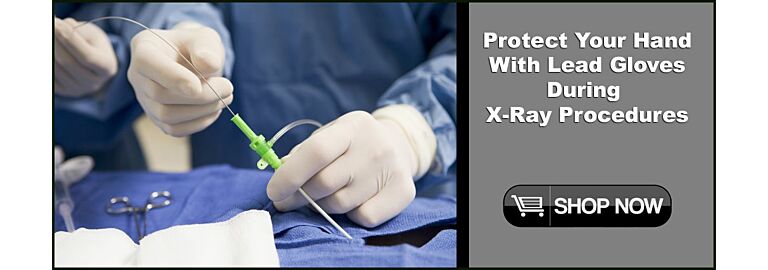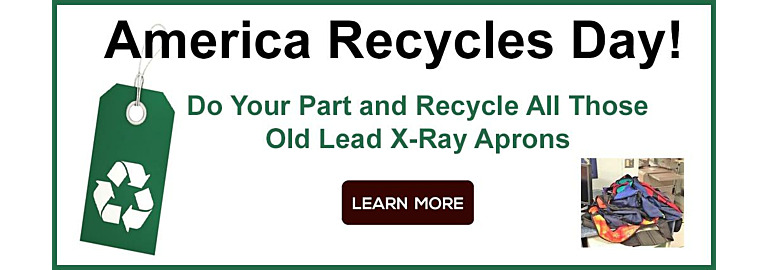Radiation Sterile Gloves: Protection You Can Trust
When safety matters most, our Radiation Sterile Gloves deliver exceptional protection for healthcare professionals working in high-radiation environments. Designed for comfort and reliability, these gloves are a must-have for maintaining sterility and shielding hands.
Key Features:
- Latex-Free Options: Perfect for those with allergies or sensitivities.
- Powder-Free Design: Minimizes contamination and irritation.
- Variety of Sizes: Ensures a comfortable, secure fit for everyone.
- Different Sensitivity Levels: Choose the right balance of protection and dexterity.
Stay protected without compromising performance. Order Radiation Sterile Gloves today for unbeatable safety and comfort in every procedure





